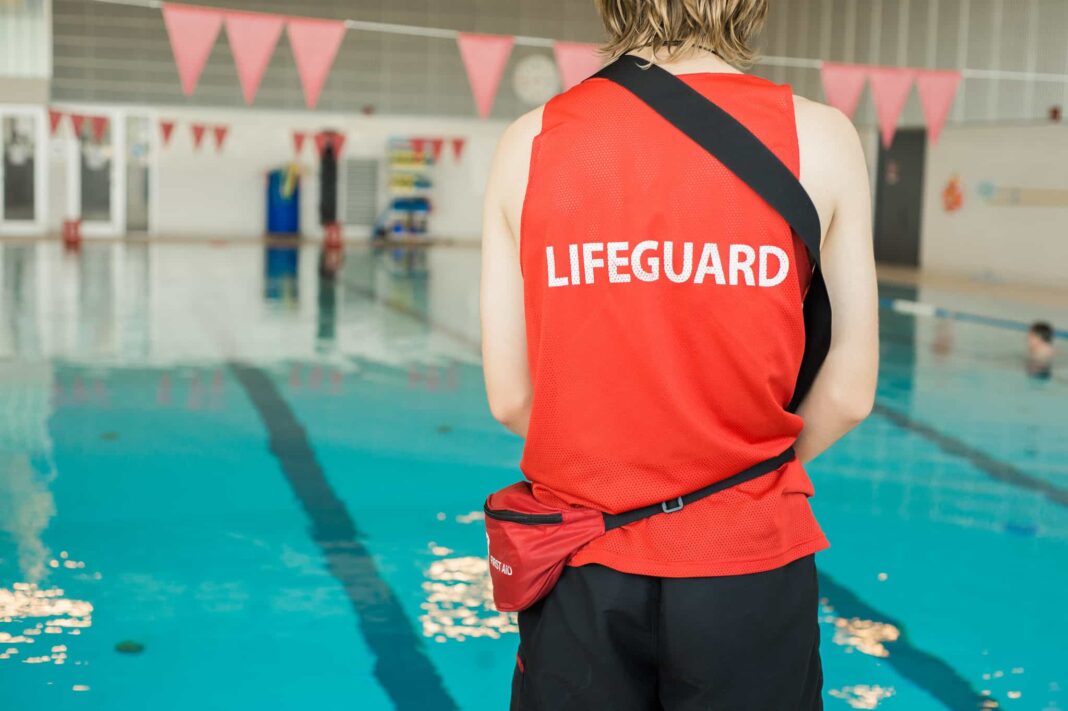Lifeguarding is a critical profession that involves the safety and well-being of others. Whether you’re a lifeguard at a community pool, beach, or water park, your role is to ensure that all patrons are safe and secure while enjoying their aquatic activities. While lifeguarding can be a rewarding profession, it’s also a challenging and demanding job that requires extensive training and preparation. In this article, we’ll discuss how to maximize the benefits of lifeguard training so that you can perform your job with confidence and skill.
Take Your Training Seriously
Lifeguard training is not something to be taken lightly. It’s a comprehensive program that requires a significant amount of time, effort, and dedication to complete successfully. During your training, you’ll learn a range of skills and techniques, including water rescue, CPR, first aid, and other emergency response procedures. It’s essential to approach your training with a serious attitude and a willingness to learn. Take advantage of all the resources available to you, including textbooks, online resources, and instructors. By treating your training with respect, you’ll gain a deeper understanding of the material and be better equipped to handle emergencies when they arise.
Practice Your Skills Regularly
One of the most critical aspects of lifeguard training is practice. The more you practice your skills, the more confident and proficient you’ll become. Practicing your skills can take many forms, including simulations, drills, and hands-on training. Work with your fellow lifeguards to create scenarios that mimic real-life emergencies, such as drowning victims or sudden cardiac arrest. By practicing your skills regularly, you’ll be better prepared to respond quickly and effectively when an emergency occurs.
Maintain Your Physical Fitness
Lifeguarding is a physically demanding job that requires a high level of fitness. To be an effective lifeguard, you need to be strong, agile, and able to swim long distances. Maintaining your physical fitness is essential to your success as a lifeguard. Make sure to incorporate regular exercise into your routine, including swimming, running, and strength training. You should also pay close attention to your diet and make sure you’re getting enough protein, vitamins, and other essential nutrients to fuel your body.
Stay Up-to-Date on Safety Protocols
Lifeguarding is a constantly evolving profession, and safety protocols are always changing. It’s essential to stay up-to-date on the latest safety protocols and procedures to ensure that you’re providing the best possible care to your patrons. Attend regular training sessions, read industry publications, and stay informed about changes in regulations and standards. By staying up-to-date on safety protocols, you’ll be better equipped to handle emergencies and prevent accidents from happening in the first place.
Be Proactive
Being a proactive lifeguard means anticipating potential problems before they occur. This includes keeping a watchful eye on patrons and identifying potential hazards in the pool or on the beach. Proactive lifeguards are always scanning the area, looking for signs of distress or danger. By being proactive, you can prevent accidents from happening and ensure that your patrons are safe and secure at all times.
Communicate Effectively
Effective communication is critical to the success of any lifeguarding operation. Lifeguards must be able to communicate effectively with each other, with patrons, and with emergency responders. This includes using clear and concise language, speaking with authority and confidence, and listening carefully to others. Effective communication can mean the difference between a successful rescue and a tragic accident.
Build Strong Relationships
Lifeguarding is a team effort, and building strong relationships with your fellow lifeguards is essential. By working together, you can provide a safer and more enjoyable experience for your patrons.
In conclusion, lifeguarding is a critical profession that requires extensive training, preparation, and dedication. By taking your training seriously, practicing your skills regularly, maintaining your physical fitness, staying up-to-date on safety protocols, being proactive, communicating effectively, and building strong relationships with your fellow lifeguards and patrons, you can maximize the benefits of lifeguard training and perform your job with confidence and skill. Lifeguarding is a rewarding and fulfilling profession, but it also comes with a great deal of responsibility. By following these guidelines, you’ll be better equipped to handle emergencies and ensure the safety and well-being of those around you.


